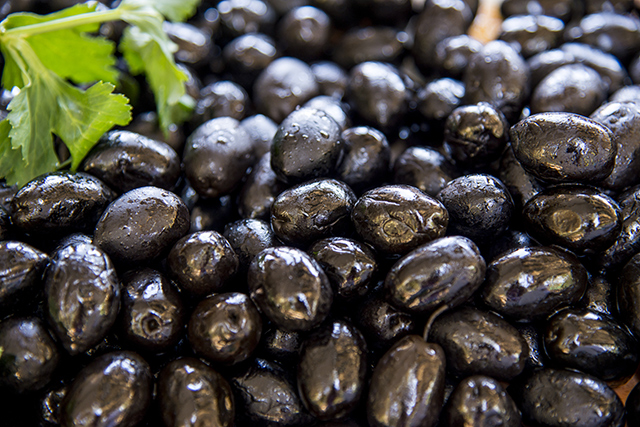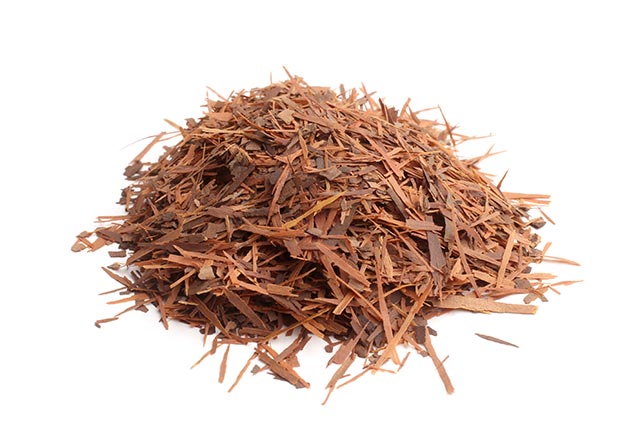What you need to know about using herbal remedies to treat anxiety disorders
07/06/2018 / By Carol Anderson

Treating anxiety, much like with other mental health problems, largely involves the use of prescribed drugs. However, it’s a well-known fact that the long-term use of these medications cause adverse side effects.
Fortunately, herbal remedies are becoming more readily available. More sufferers are now opting for natural ways to treat their conditions, seeing how this option poses fewer threats to the overall health of a person. However, studies on how herbal remedies help patients with anxiety are currently limited.
Herbal remedies contain a compound known as gamma-aminobutyric (GABA) which helps reduce anxiety. It is a neurotransmitter made in the brain, responsible for regulating communications between brain cells. It is said to have good effects for people with anxiety, as it plays an important role in behavior, cognition, and the body’s response to stress.
Different herbal treatments for anxiety
The following are known natural alternatives for treating anxiety and what you need to know about each one:
- Chamomile – A recent study showed that long-term consumption of chamomile significantly reduces moderate to severe symptoms of anxiety. It is considered safe and even promotes healthy weight and blood pressure.
- Kava – This plant shows potential anxiety-relieving properties.
- Lavender – Preliminary research suggests that either oral lavender or aromatherapy can help relieve anxiety.
- Lemon balm – People who use lemon balm report it reducing certain symptoms of anxiety. Moreover, it is safe to use and can also reduce the frequency of benign heart palpitations.
- Passionflower – Since it has a milder effect, it is often mixed or taken with another medication or herbs. It is tagged safe as a natural treatment for anxiety.
- St. John’s Wort – This plant is a popular antidepressant and anxiolytic in the U.S. and Europe. (Related: Ease anxiety with meditation and essential oils.)
- Valerian – It is known to contain stronger sedative and anxiolytic qualities.
Herbal remedies have been used all over the world and more people are turning to such treatments to help address different health conditions. Still, it is best to first consult your healthcare provider before taking any herbal supplement to ensure you understand both the benefits and the risks of choosing this treatment.
It’s also important to note that there may be some plant-based treatments that don’t work well with certain medications for anxiety. They may also not work well with the treatment effects of cognitive behavioral therapy which is one of the most common treatments for anxiety.
Discover more natural ways of addressing mental health problems like anxiety at AlternativeMedicine.news today.
Sources include:
Tagged Under: alternative medicine, Anxiety, anxiety disorder, herbal medicine, herbal treatments, Homeopathy, medicinal plants, mental disorder, mental health, natural cures, natural healing, Natural Treatments, plant cures, plants as medicine, remedies




















